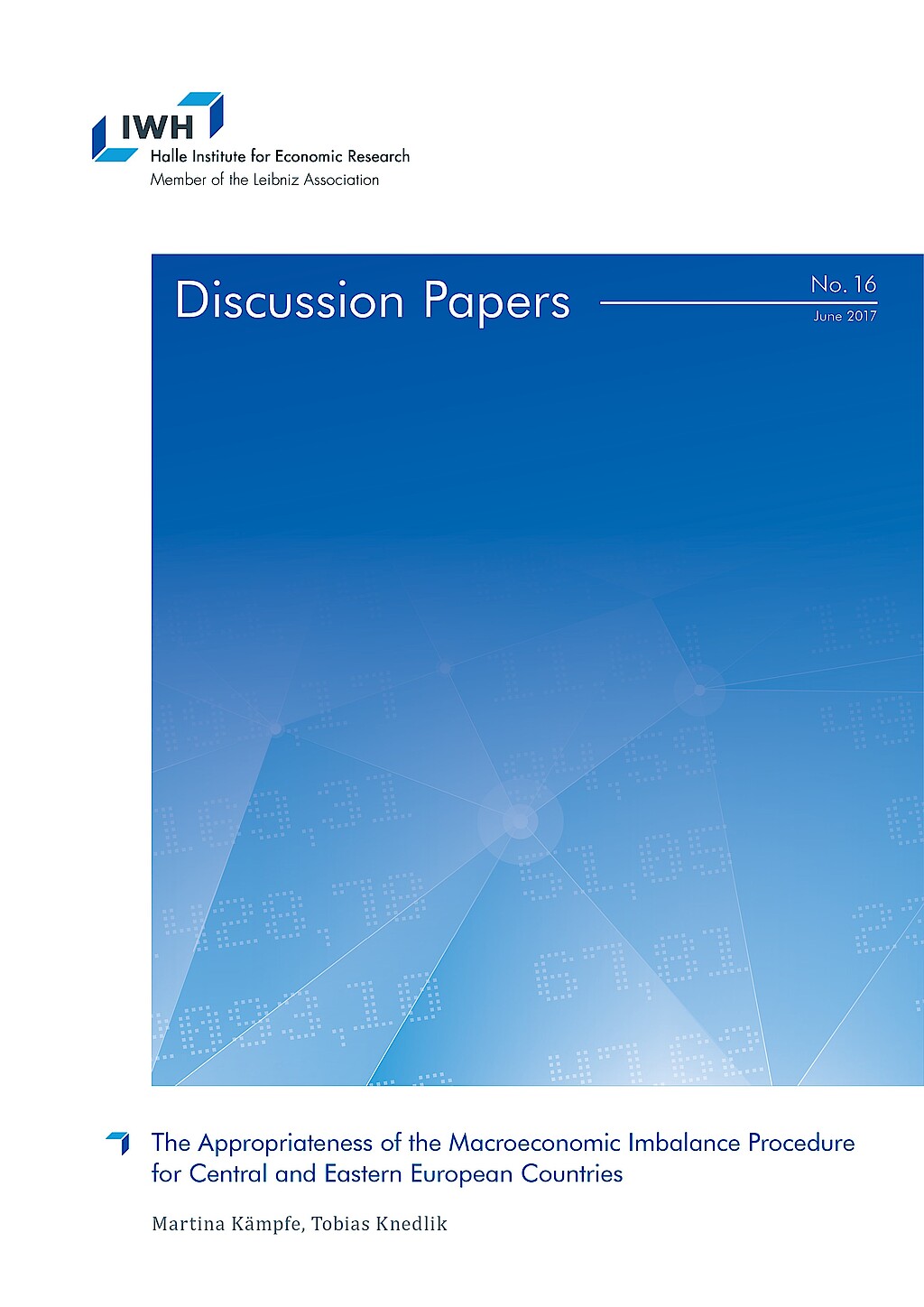
The Appropriateness of the Macroeconomic Imbalance Procedure for Central and Eastern European Countries
The experience of Central and Eastern European countries (CEEC) during the global financial crisis and in the resulting European debt crises has been largely different from that of other European countries. This paper looks at the specifics of the CEEC in recent history and focuses in particular on the appropriateness of the Macroeconomic Imbalances Procedure for this group of countries. In doing so, the macroeconomic situation in the CEEC is highlighted and macroeconomic problems faced by these countries are extracted. The findings are compared to the results of the Macroeconomic Imbalances Procedure of the European Commission. It is shown that while the Macroeconomic Imbalances Procedure correctly identifies some of the problems, it understates or overstates other problems. This is due to the specific construction of the broadened surveillance procedure, which largely disregarded the specifics of catching-up economies.





